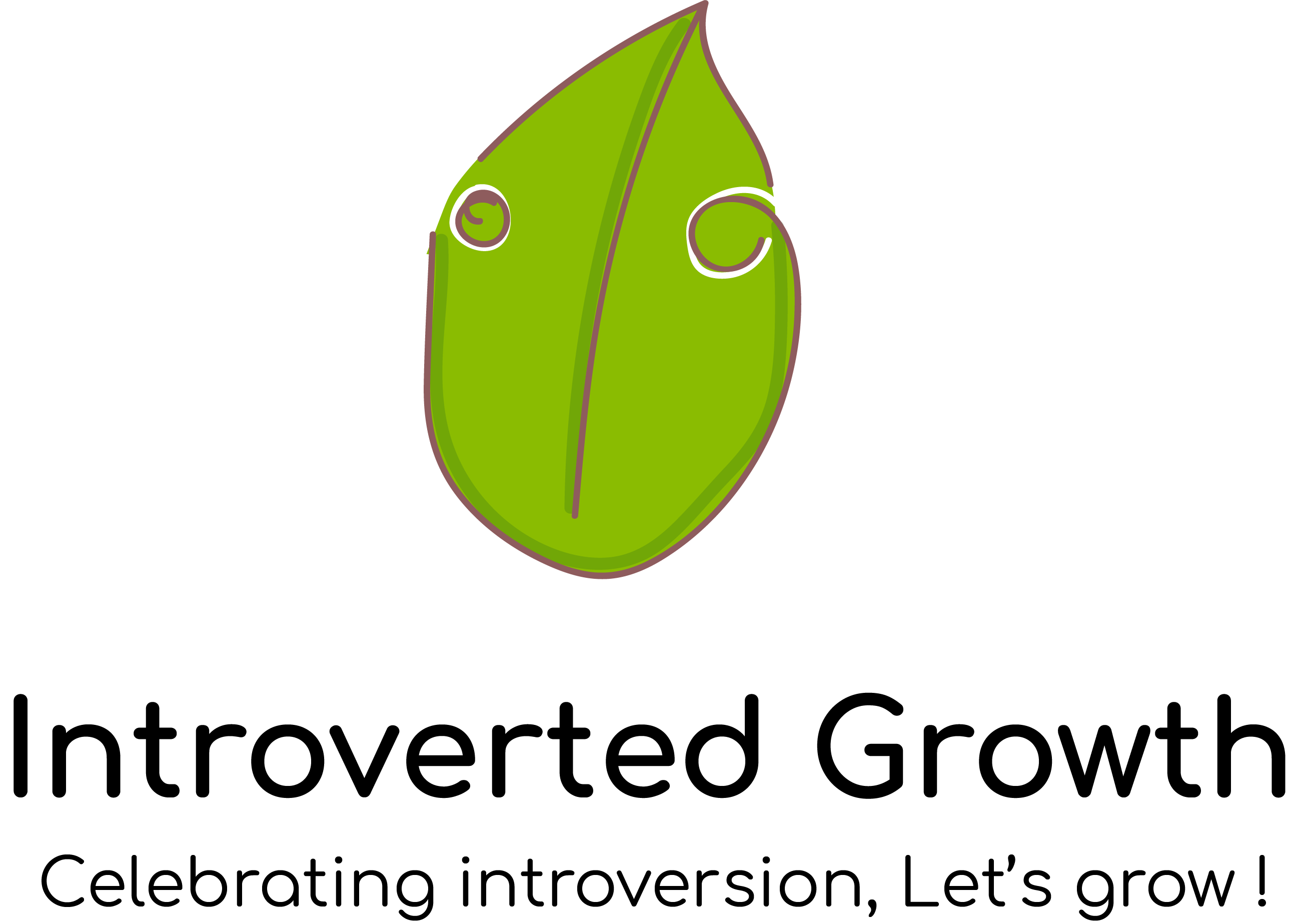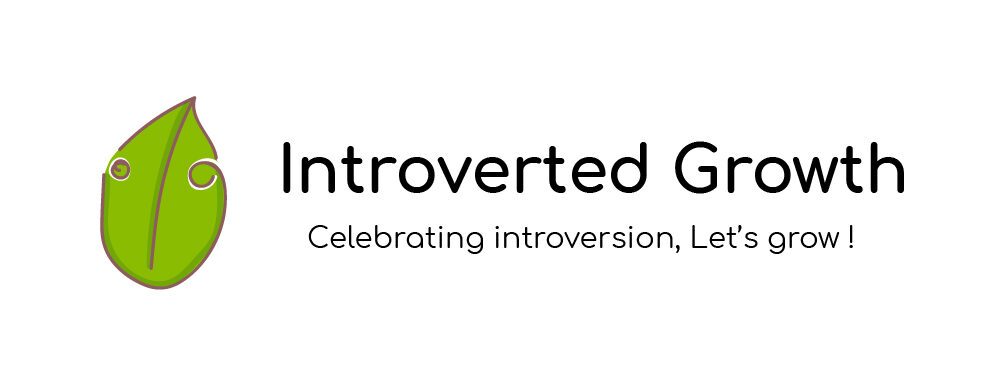It’s no secret that introverts are not the most social of people. They like to be alone, they need time to recharge after being in a group for too long, and they don’t talk much.
Introverted people make up about one-third of the population (though some estimates say it could be closer to half), which is why it might come as a surprise that there are many jobs out there that can drive an introvert crazy!
it’s important to keep in mind that introverts and extroverts function in very different ways.
For example, Introverts like to reflect on things before they speak, while extroverts prefer to talk things out.
Additionally, introverts don’t like things to be too loud and prefer less stimulation.
These two factors can make for a very unpleasant work environment, which is why it’s best to have an idea of what kind of job is best for you as an introvert and what jobs you’d want to avoid if you don’t want to test your introverted limits.
The list below features the 11 worst jobs for introverts to work in.
They might be great for extroverts, but they’ll definitely make an introvert want to quit!
12 Absolute Worst Jobs for Introverts
1. Front Desk Receptionist
This job would be a bad idea for anyone (it’s one of the worst jobs in general), but an introvert is especially ill-suited for this position because it involves a lot of multitasking.
Introverts like simple and straightforward tasks, not answering the phone while checking visitors in and out. Or being forced to go through small talk while dealing with more than one visitor at the front desk.
A social introvert may find a way to balance their energy use with this job but that’s definitely not the case for a restrained introvert.
In addition to being a bad fit for introverts in general, this job is also not good for a highly sensitive person who prefers time alone because it means constantly having to talk with people while in an open area.
How to make this career bearable if you’re an introvert:
If you absolutely feel the need to work in this type of position, then try working at night or on the weekends when there are fewer people around.
It’s also okay to tell your boss that you prefer less social interaction and more time alone. If he still gives you no respect, then it might be time for a new job.
2. Stock Broker
An occupation where the main goal is to get people excited about buying or selling stocks.
The stock market is one of the most daunting facets of stockbrokers in our capitalist society.
There’s no denying that it involves a lot of work and responsibility, but an introvert, a shy person or highly sensitive person will likely dread this job because they like simplicity in their lives.
They don’t want to spend their day learning about which stocks to invest in, trying to convince others to buy them, and handling the pressure of meeting expectations.
Introverts are also not especially motivated by money, so there’s no real reason for them to work as a stockbroker if they don’t want to.
Recommended read: Quiet Leaders: 8 Best Business Jobs For Introverts!
How to make this career bearable if you’re an introvert:
If you’re interested in becoming a stockbroker, then you should take classes on how to trade stocks and make yourself financially savvy.
Once you pass your classes, you can work as a stockbroker for an established firm where the management will be less hands-on.
3. Telemarketer
It doesn’t matter if this job is going door-to-door, cold calling people on the phone, or whatever; it’s still one of the worst jobs for introverts.
This job requires you to constantly be in contact with strangers and threaten them into buying something they don’t want in order to turn a profit for the company.
Introverts are not comfortable talking to total strangers on the street, let alone dealing with them on the phone all the time!
so this type of job will definitely make any introvert feel uncomfortable and stressed.
Introverts need time alone in order to recharge , but telemarketers can’t do that because they are constantly busy speaking with strangers.
How to make this career bearable if you’re an introvert:
To avoid burning out on the job, telemarketers should take long lunch breaks to take walks or do some other activity that will allow them to recharge.
4. Cashier at a Retail Store
Retail stores can be fun for extroverts, but they are the absolute worst place for introverts thanks to all the different personalities you have to deal with on a daily basis.
Just think about it for a moment.
Introverts are not comfortable talking to people they don’t know, so having to engage in small talk with them while ringing up their purchases will make an introvert want to crawl into a hole and die.
Even taking it as a part-time job, the environment of a retail store will be enough to make any introvert want to flee in terror because it’s full of children, happy people who are just browsing, and other cashiers making small talk.
So yes, it’s one of the worst jobs for introverts!
How to make this career bearable if you’re an introvert:
if you’re in need of a job in this field, then try working at a small boutique where the environment will be quiet and the people you deal with are limited.
If that isn’t possible, then try asking your boss for permission to go on silent breaks in order to recharge during work hours.
5. Marketing Jobs
One of the worst jobs introverts can have is any type of marketing job. Marketing is often directly related to sales, and if someone doesn’t like selling things they’re not going to like marketing.
Additionally, marketing jobs involve going out of your way to make your product or service known to people either directly or indirectly, which is why it can be a very uncomfortable role for introverts.
Small talk with customers is a major component of marketing, and introverts don’t want to have to deal with that.
How to make this career bearable if you’re an introvert:
To be a marketer who doesn’t burn out from the constant unwanted interaction, try devoting specific chunks of your day towards talking with customers while your other co-workers talk to them the rest of the time.
There a few marketing jobs for introverts that will be less overwhelming but that’s an article for another day.
6. Salesperson
Sales jobs are very similar to marketing jobs, but they can be even worse for introverts because they sometimes involve cold-calling and door-to-door salesmen like telemarketers.
Being a salesperson will make an introvert feel like their co-workers are constantly watching them to see if they’re successfully selling goods or services, and that can be very stressful.
in addition to that, salespeople are often expected to be patient and understanding with customers, but introverts don’t do well in those types of social situations.
How to make this career bearable if you’re an introvert:
Try concentrating your efforts on specific customers when you can rather than having to interact with all of them, and try spending most of your time doing administrative work rather than making sales.
7. Flight Attendant
Flight attendants have to deal with lots of different people, sometimes in awkward and uncomfortable situations.
Being in a small space with so many people on a flying tin can is enough to make anyone feel overwhelmed and stressed out, and introverts, in particular, need their own personal space.
Being a flight attendant is especially one of the worst jobs for introverts because they’re expected to keep working even when the plane is landing and taking off, which means they won’t have much time to recharge.
How to make this career bearable if you’re an introvert:
if possible try asking your boss if you can work specific hours instead of having a rotating schedule that doesn’t allow you time for yourself.
if you’re not able to switch hours, then try asking your coworkers if they would join you in an activity that will help restore your energy like taking a power nap or drinking some coffee together.
you could look at the brighter side of being a flight attendant by thinking of it as an experience that will help you build connections with more people, which some introverts may put less value on, plus traveling to new places IS exciting and a great opportunity to explore.
8. Public Relations specialist
Public relations specialists have to deal with the public on a daily basis while having to build and maintain relationships.
PR jobs can be very overwhelming for introverts, especially if they also work in marketing like most PR people do because staying professional while talking to customers and clients is something they struggle with.
Frequently making small talk about personal stuff is a big part of PR jobs, but that’s not something introverts are good at.
How to make this career bearable if you’re an introvert:
Try choosing specific clients and customers to work with instead of having a rotating schedule that makes it hard for you to prioritize your time and energy.
If possible try focusing on other parts of the job, like writing or doing research, that doesn’t require you to constantly talk to people.
9. Human resources jobs
Working in HR is overwhelmingly social and, in some cases, it can be even more stressful than a sales or marketing job.
Human resources jobs require people to be friendly towards co-workers and customers, but introverts aren’t good at that and they don’t enjoy small talk.
When an introvert goes into an interview for a human resources job, they risk being hired for their ability to socialize and be extroverted.
How to make this career bearable if you’re an introvert:
try focusing on roles that don’t require you to be in charge of hiring or firing other people like administrative work.
you could also try avoiding interviews altogether by getting experience through internships or working as a consultant first.
10. Customer service representative
Customer service representatives are the front line of any company, and they often have to deal with difficult customers who are angry, frustrated, and stressed.
CSR jobs can be extremely overwhelming for introverts because they have to think on their feet and come up with a solution for a different person every time, and introverts like to take their time processing information before coming up with a solution.
How to make this career bearable if you’re an introvert:
look for positions that require lots of research and writing instead of making lots of presentations or talking on the phone.
if possible try asking your boss if you can work specific hours instead of having a rotating schedule that doesn’t allow you time for yourself.
if you’re not able to switch hours, then try asking your coworkers if they would join you in an activity that will help restore your energy like taking a power nap or drinking some coffee together.
11. Public Speaker
Public speakers have to talk in front of a crowd, which can be extremely overwhelming for introverts.
Audience members can intimidate introverts and they don’t enjoy getting the attention of people who are watching them.
How to make this career bearable if you’re an introvert:
Work on your speaking skills by joining a group like Toastmasters.
Start small by giving presentations to friends or family members before moving on to larger audiences.
practice, practice, practice. The more you do it, the more comfortable you’ll feel.
12. Event planner
Event planners have to coordinate every detail of an event, from the catering to the entertainment, and they often have to do it all by themselves.
This can be daunting for someone with an introverted personality because they have to manage a lot of different people and make sure that everything runs smoothly.
How to make this career bearable if you’re an introvert:
Try to specialize in a particular area like weddings or corporate events.
Focus on small events that usually don’t have more than a hundred people and try to discover your passion for it.
Event planning is all about having a vision and making it happen. If you love imagining and creating amazing parties, then this might be the perfect job for you!
If you’re a creative introvert, you may want to check these creative careers for introverts!
FAQs
What are the 4 types of introverts?
There are four types of introverts: social introvert, thinking introvert, anxious introvert, and creative introvert.
What jobs do most introverts have?
Introverts are more likely to have jobs that have low-stress environments and don’t require them to constantly talk to other people. an ideal job for an introvert can be a research scientist, web developer, graphic designer, and massage therapist.
What jobs should introverts avoid?
Introverts should avoid jobs that require them to talk a lot, be in charge of a large group of people, or have very high expectations.
Some of the worst that jobs introverts should avoid are mentioned in this article.
CONCLUSION
So, there you go! These are some of the worst jobs introverts can have that will make them want to pull their hair out.
Just remember! You’re not doomed to an endless pit of misery because you’re an introvert.
You can make it work even with these jobs, luckily, all it takes is a little creativity and determination to find ways around any unfortunate situation.
As always, thanks for reading! Feel free to leave your thoughts below in the comments section.






